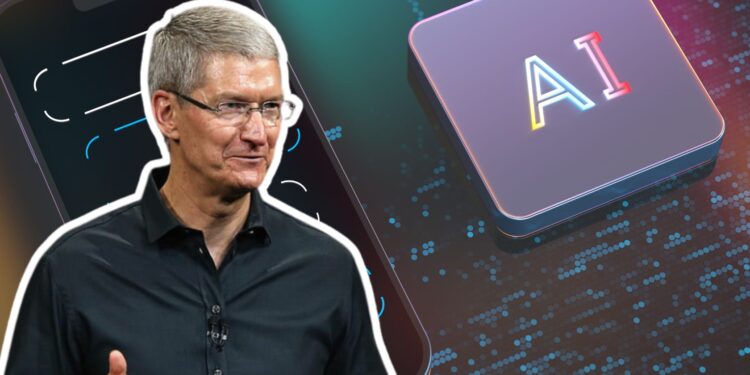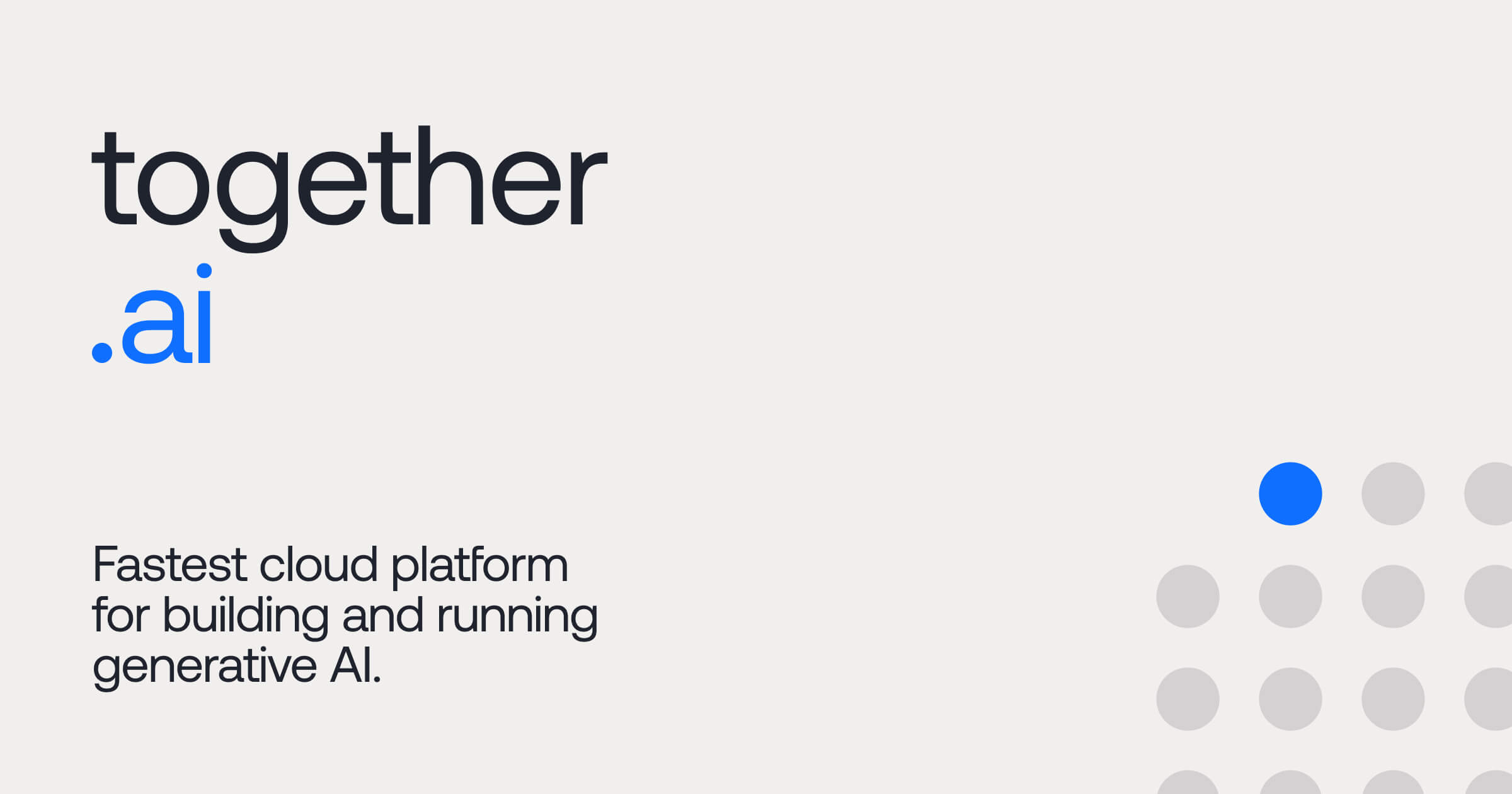Will Tim Cook's Countermove in the Realm of Artificial Intelligence Prove Successful?
Despite encountering a downturn in revenues and a slump in iPhone sales amidst a tumultuous second fiscal quarter, Apple Inc. retains a sanguine outlook concerning its nascent ventures in generative artificial intelligence (AI), poised to invigorate its future growth trajectory.
Announcing a quarterly revenue of $90.8 billion—a 4% dip from the previous annum—during the financial briefing, the tech behemoth further revealed a 10% reduction in iPhone revenues, totaling $46 billion. Yet, nestled within these figures lies a beacon of optimism: Apple's nascent foray into generative AI, a field where it aims to make substantial inroads.
CEO Tim Cook, during the earnings call, affirmed the company’s commitment to “substantial investments” within the generative AI realm in the impending quarter, expressing unwavering confidence—“continued bullishness”—about the strategic advantage this technology presents for Apple. Cook highlighted the firm's unique selling propositions in the AI landscape, namely an unparalleled fusion of hardware, software, and service integration; pioneering Apple Silicon equipped with industry-leading neural engines; and an unyielding dedication to user privacy.
Cook's anticipation of an “extraordinary” Worldwide Developers Conference (WWDC) further fueled speculations of groundbreaking AI revelations. Thomas Husson, an analyst from Forrester Research, forecasts “momentous announcements” in generative AI at the June conference, suggesting advancements such as a next-generation neural engine integrated into device chips, harmonized with iOS 18 enhancements, could empower developers to craft unprecedented consumer experiences for the impending iPhone 16 series, slated for a late Q3 2024 debut.
Apple, in contrast to its peers Microsoft and Google, has pursued AI advancements more discreetly. Over the past year, sporadic reports have surfaced, hinting at projects like "Apple GPT," an internally developed web-based chatbot platform. The strategic pivot away from its long-standing electric vehicle initiative, Project Titan, signals a deepened concentration on AI expansion.
Apple's AI endeavors have already bore fruit in the personal computing domain, with the company being lauded as a vanguard in AI-equipped PCs for creative applications by Omdia’s recent study. Cook boasted of the MacBook Air as the pinnacle of consumer AI-optimized laptops. The unveiling of OpenELM, a compact language model facilitating chatbot technologies, marked Apple's cautious entry into open-source AI territory, supplementing its earlier, albeit limited, disclosures surrounding the multimodal model MM1 and the MLX toolkit for developers.
This strategic recalibration underscores Apple's quiet, yet determined, march towards harnessing the transformative potential of generative AI, setting the stage for a technological revolution underpinned by privacy, integration, and innovation.







